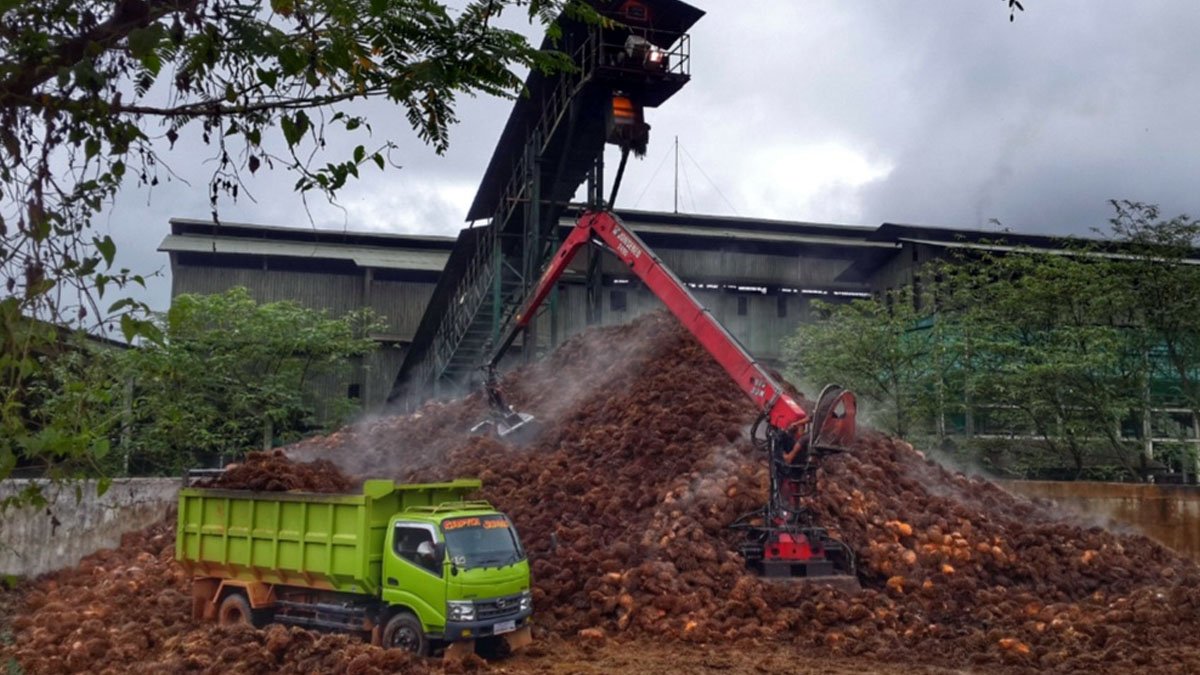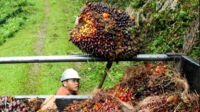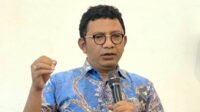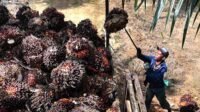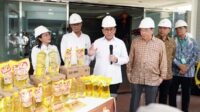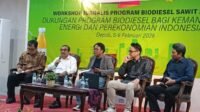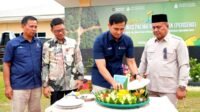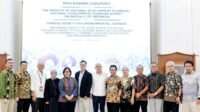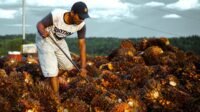PALMOILMAGAZINE, JAKARTA – Supercapacitors are increasingly recognized as a key technology in advancing national energy independence. Interestingly, empty fruit bunches (EFB) from oil palm plantations are now being highlighted as a promising source of eco-friendly carbon material for next-generation energy storage devices.
This topic took center stage at the SISTEM #5 webinar, themed “Advances in Supercapacitor Devices: From Microstructure Engineering to Biomass-Derived Carbon Material”, held on Tuesday (Aug 26). Prof. Yusuf Nur Wijayanto, Head of the Research Center for Electronics (PRE) at Indonesia’s National Research and Innovation Agency (BRIN), emphasized that supercapacitor research plays a vital role in the country’s clean energy transition.
“The use of palm biomass waste as a sustainable carbon material, combined with microstructure engineering strategies, holds great potential to enhance supercapacitor performance,” he said. Yusuf also expressed hope that this research would strengthen Indonesia’s clean energy innovation ecosystem through collaboration across institutions and stakeholders.
Also Read: National Dashboard Urged to Become Gateway for Indonesia’s Sustainable Commodity Exports
BRIN Research Professor, Rike Yudianti, further highlighted the high-value potential of EFB. With rising palm oil production, EFB can be processed into porous carbon graphite, nanocellulose, and nano-silica—three materials considered crucial for developing sustainable energy technologies.
Rike explained that supercapacitors made from EFB-based carbon have demonstrated stable performance even after thousands of charge–discharge cycles. “Our research target is to produce devices with battery-level performance, but using carbon materials that are more environmentally friendly,” she said, as quoted by Palmoilmagazine.com from BRIN, Tuesday (Sept 2, 2025).
Echoing this, Prof. Markus Diantoro, a Physics Professor at the State University of Malang, underlined the importance of microstructure modification in improving supercapacitor efficiency. “Such engineering opens the way to devices with higher capacity and efficiency, maximizing renewable energy storage,” he noted.
With continued innovation in biomass-based materials, supercapacitors could not only meet future energy storage needs but also serve as a strategic solution to harness the vast potential of Indonesia’s palm oil sector in supporting a sustainable clean energy transition. (P2)

